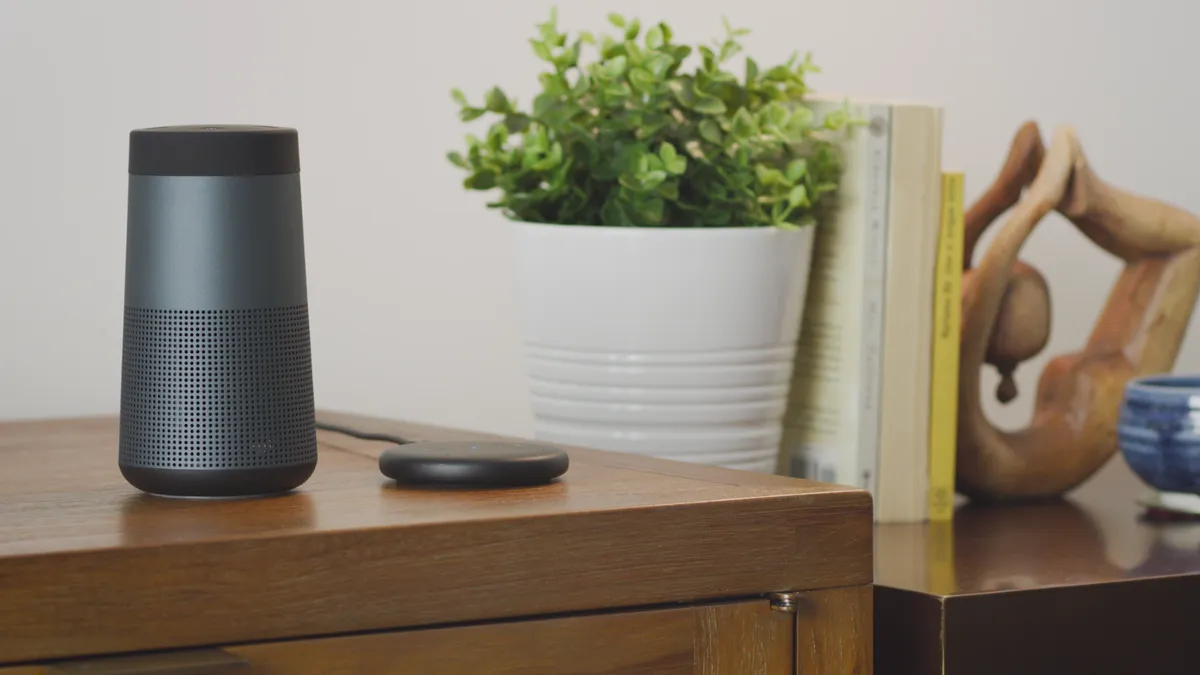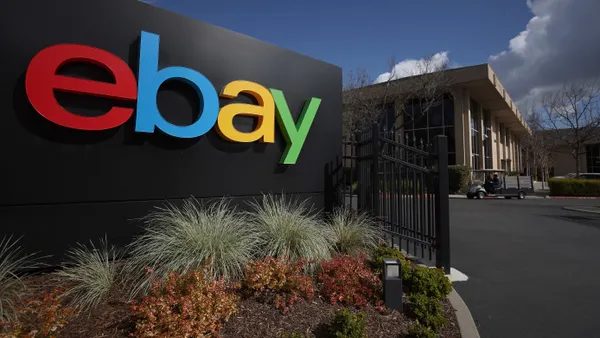Dive Brief:
- Besides security and benefits to health, 58% of consumer respondents to a recent Gartner survey said they will use AI technologies if it saves time, and 53% are willing to use it to save money. However, consumers don’t want AI to get too personal. A little more than half (52%) said they don’t want AI to understand their feelings by analyzing their facial expressions, and 63% don’t want AI that gets to know them better by always listening.
- As retailers adopt more AI tech, understanding consumer expectations and readiness is critical, Gartner said in a research note emailed to Retail Dive. Nearly 50% of the roughly 4,000 respondents said they had used one or more virtual assistant and that these voice-driven assistants are improving their ability to deliver intelligent content to consumers.
- While 65% of consumers think AI will severely damage their privacy, they will agree to be observed by AI technology if it is used to better understand their needs and if AI contributes to their security and safety. For example, 76% will welcome AI analyzing their vital signs, and 74% look forward to AI identifying their voice to authenticate their ID to keep transactions secure.
Dive Insight:
While consumers may be cautious about AI, retailers are eagerly anticipating the technology's benefits. Roughly 54% of retailers surveyed by SLI Systems said they already use or plan to add AI tech in the future, with 20% expecting to add AI within the next 12 months. By 2019 about 40% of retailers will develop customer experience architecture supported by artificial intelligence, with such platforms providing up to a 30% conversion increase and a 25% revenue bump due to hyper-micro personalization, reported IDC Retail Insights. Meanwhile, global retail spending on AI will grow to $7.3 billion per year by 2022, up from an estimated $2 billion in 2018, according to a study from Juniper Research.
Among retailers, many implementations and tests are underway. L’Oreal and The Home Depot reported at a South By Southwest panel that AI technologies are becoming necessities for engaging customers. Alibaba and Guess recently joined to pilot a FashionAI concept store in Hong Kong. And Marks & Spencer recently reported that it replaced its entire call center staff with an AI system, and will reassign the 100 workers to customer-facing jobs in stores.
Gartner noted that full AI automation is limited thus far to mundane tasks that can be handled by machine learning, which is an application of AI. But AI technologies are maturing and can improve consumers’ lives. "Consumers will ultimately accept, use and want AI benefits in their personal technologies, but this will not happen overnight. Technology product management leaders must carefully and strategically incorporate AI benefits into products,” according to a Gartner research note. A key strategy may be persuading consumers to use AI without realizing that they are doing so.
Consumers will accept some uses of AI but are wary of it invading their privacy. Facial and voice recognition are sensitive areas, although concerns vary slightly by generation. Generally, Baby Boomers were less accepting of these identification technologies than younger people. Gartner advises tech product managers to downplay the voice and facial recognition technologies for identification, especially if targeting an older population.












